THE INSPIRED
|
By Dave Quinn, Director of Technology Integration, Mendon-Upton Regional SchoolsSeveral weeks ago my colleague, Maureen Cohen, wrote a warm, thoughtful blog that explored the importance of building wonder into our classroom practice. The student questions and strategies she provided reminded me of one of my favorite books, Thomas & Brown (2011)’s New Culture of Learning which discussed approaches to rethink education. In the book the authors write: What if, for example, questions were more important than answers? What if the key to learning were not the application of techniques but their invention? What if students were asking questions about things that really mattered to them? It’s a vision for education that makes me inspired. While thinking about Maureen’s piece, my mind began to shift from “the what” to "the how". How might our students go about exploring their wonderings and answering their questions? In particular, how are they making sense of or critically evaluating the information they obtain? Research by the Stanford History Education Group suggests that students of all ages struggle to evaluate the credibility of claims made on social and digital media platforms. Questioning is essential to personal growth as is the development of what Ernest Hemingway would call built-in, shockproof crap detector. So how might we help students develop a better information filter? Mike Caulfield, director of blended and networked learning at Washington State University Vancouver provides a simple, straightforward approach for quickly determining the accuracy of a claim in the article. The process, The Four Moves and a Habit, is a process for fact checking that gives students a process for assessing claims they encounter on the net. This resource is outlined in the infographic below. Caulfield has also written an e-book, Web Literacy for Student Fact Checkers, where he outlines the moves in-depth and also provides examples for using the moves on web texts. The Four Moves Blog has several fact-checking tasks based on current news articles. You can also check out his personal blog https://hapgood.us for deeper reading on information literacy and web navigation.
By Maureen Cohen, Assistant Superintendent, Mendon-Upton Regional School District Student agency was at the center of our December 2017 conversation for the Inspired Learning Project. Each month we tackle a core characteristic and pillar of inspired learning to help build our capacities as educators to continue to grow and move our practice. In this capacity building, we developed a shared understanding of what we felt were key characteristics of student agency through the lens of how we view an entrepreneur. The group came up with the following characteristics of an entrepreneur: self-manager, self-starter, visionary, productive problem seeker and solver, independent, innovative, reflective, creative, confident, innovative, curious, collaborative, turns challenges into opportunities, brave, desires feedback, forward thinker, has focus, self-evaluator As we expanded our thoughts on the characteristics of an entrepreneur, we moved into a discussion about student agency and how student agency is more than just giving students choice. The group felt that agency is about deeper learning opportunities and personalization. The conversation really took off when we discussed Spencer’s metaphor in his book of a teacher being a tour guide who brings you through a tour. We pondered, who should be the tour guide, the teacher or the students?  One participant stated, “The problem in schools is that we tell them they are going to Paris, or Rome, but they have no choice over where they are going in their learning. When students have the agency to choose their own tour, that is really important for fostering student agency.” Getting ActionableWe ended the highly engaging conversation with some actionable approaches to add more agency into what we are doing. Here are a couple of examples provided:
We hope you join us in our next conversation this Thursday, January 11th at 8PM as we tackle the concept of building authentic learning opportunities for our students. By MaryAnn DeMaria, Grade 7 Science Teacher |
Click above to share a practice that promotes student agency, ignites students' passions, or creates a bridge between classrooms & the real world.
Click above to nominate an educator to be celebrated by the Inspired Learning Project.
Archives
November 2020
Categories |

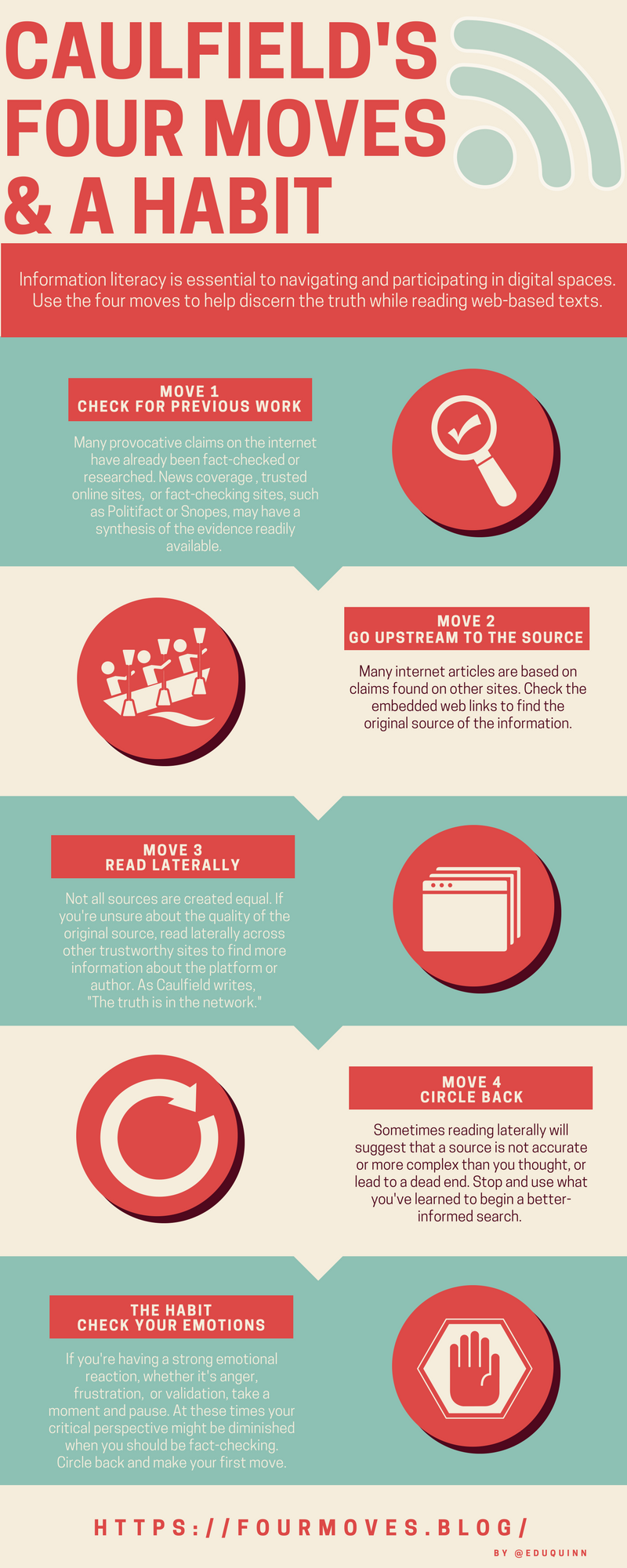
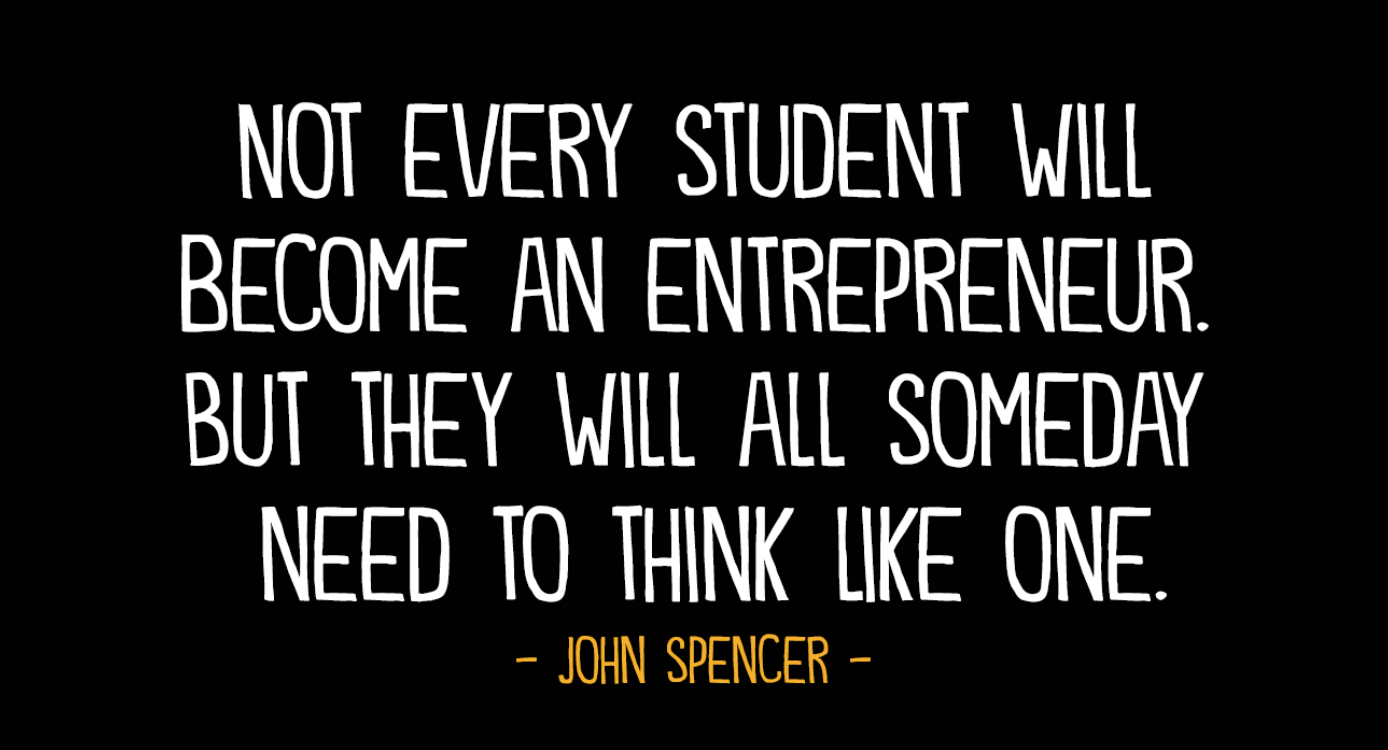
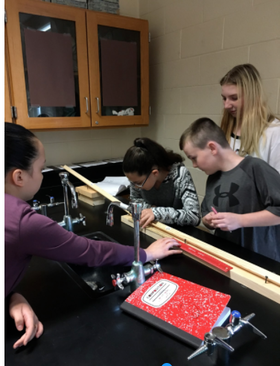
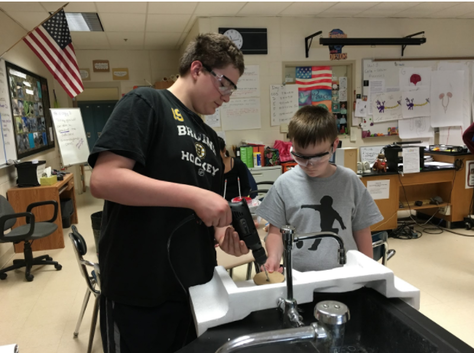
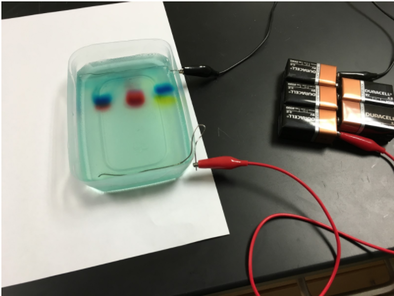
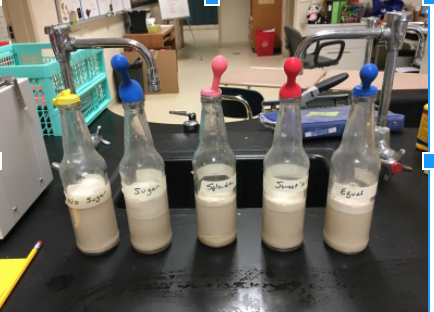
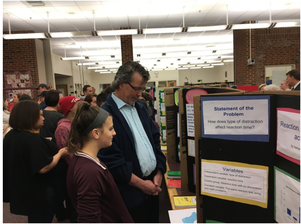
 RSS Feed
RSS Feed